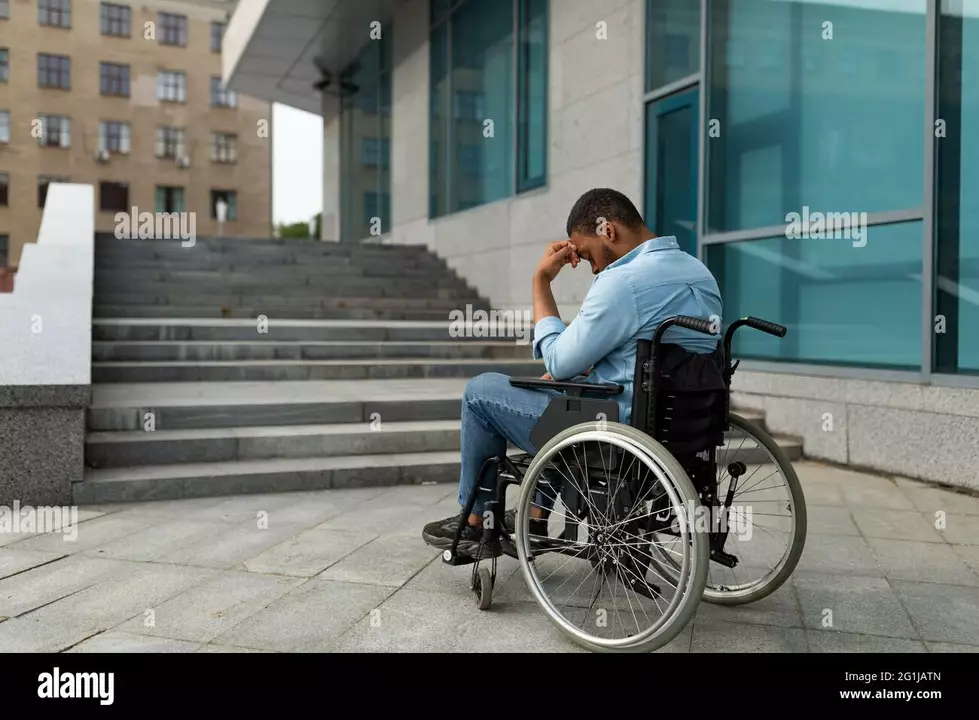Limited Mobility: Practical Tips for Getting Meds, Staying Safe, and Moving More
Limited mobility changes daily life fast. When getting to a pharmacy, clinic or gym becomes hard, small fixes can keep you independent and safer. Below are clear, practical steps you can use today to handle medicines, avoid risks, and keep moving a bit more.
Getting and managing medications
If leaving the house is tough, use pharmacy home delivery or mail-order services. Choose pharmacies with clear contact info, verified reviews, and secure payment. Ask your doctor for e-prescriptions so your medication goes straight to the pharmacy. Sign up for automatic refills and ask about blister packs or multi-dose packaging — they cut confusion. Use a simple medicine chart with drug names, doses, times, and pharmacy contact details. Share that chart with a caregiver or family member.
Set up reminders on your phone, a smart speaker, or a pill box with alarms. If memory is an issue, try pharmacy synchronization so all prescriptions refill the same day each month. For buying online, avoid sites with no clear address or bad reviews. If an online pharmacy offers prescription drugs without asking for a prescription, steer clear.
Home safety and daily independence
Preventing falls protects your independence. Keep walkways clear, tape down loose rugs, and use non-slip mats in the bathroom. Add grab bars near the toilet and in the shower, and install brighter lights along hallways. A reacher tool and long-handled sponge cut bending. Choose shoes with good grip and a low heel. If stairs are a problem, consider a stair lift or moving main activities to one floor.
Mobility aids make a big difference: canes for balance, walkers for steady support, and wheelchairs when needed. Get fitted by a therapist so the device matches your height and strength. Lightweight, foldable options help with transport and storage.
Simple daily movement helps keep joints and muscles working. Try seated leg lifts, heel slides, shoulder rolls, and gentle stretches recommended by a physical therapist. Even ten minutes twice a day helps. If breathing feels tight, paced breathing, pursed-lip breathing, or guidance from a respiratory therapist can ease discomfort.
Be careful with supplements and interactions. Some products can affect the liver or change how drugs work — black seed and certain herbal extracts can interact with prescription meds. Tell your doctor every supplement you take, and ask a pharmacist about interactions with heart, blood pressure, or mental health drugs.
Plan ahead for emergencies: keep a current medication list, allergy info, and your doctor’s phone number in an obvious spot. Share access to your pharmacy account with a trusted person so they can refill meds if you can’t. Use telehealth for regular check-ins when travel is a challenge.
Small changes add up. Set up reliable delivery, tidy your home for safer movement, use simple daily exercises, and double-check medications and supplements with a professional. If you need more help, ask your doctor about home health services or an occupational therapist who can make a tailored plan for your home and routine.
Flavoxate and Disabilities: How it Can Help Those with Limited Mobility
As a blogger, I recently came across the topic of Flavoxate and its potential benefits for individuals with disabilities and limited mobility. Flavoxate is a medication that helps relax the muscles in the urinary tract, providing relief for people who may experience frequent urination or incontinence. For those with limited mobility, this medication can be life-changing, as it can significantly reduce the need for frequent bathroom trips and the associated stress. I believe that spreading awareness about the benefits of Flavoxate for people with disabilities is crucial, as it can greatly improve their quality of life. I look forward to exploring this topic further and sharing more information with my readers.
Read More
